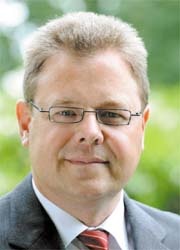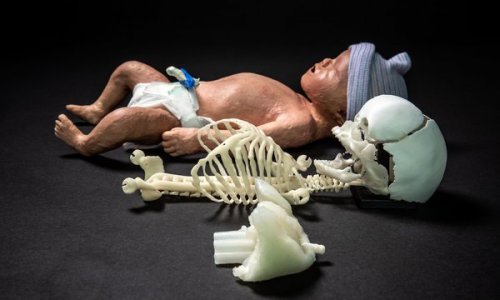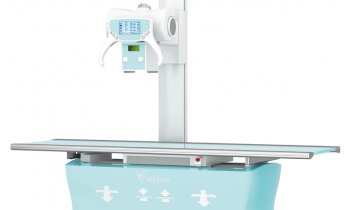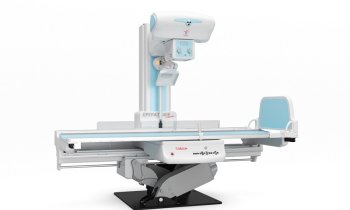The quality of paediatric nurse training
'Harmonisation yes. Quality compromises no'
"Children are no small adults. That remains true no matter how often it is repeated. And it is particularly true in paediatric nursing," says Andreas Wachtel, vice chairman of the GkinD (Germany's association of children's hospitals and paediatric departments, and Elfriede Zoller, chairwoman of the BeKD (the country's professional association of paediatric nurses).

[Bild-1‘What we currently see is a slow undermining of functioning structures that, so far, have ensured good quality paediatric nurses training – structures that are being abandoned for purely economic reasons rather than modernising them, as intended by the Krankenpflegegesetz (nursing act) of 2003, which we supported.’
They are particularly irked by the fact that, in Germany, the two professions – nursing and paediatric nursing – are not treated equally.
As for further Europe-wide harmonisation of training issues, they fear a further aggravation of the current development, and clearly say ‘no’ to all attempts to compromise the quality of nurse training throughout the EU: ‘Certainly we see the need to harmonise Europe-wide, which, in our opinion, requires modernising training in specialised paediatric nursing and thus increasing the quality.’ Healthy and sick children and adolescents, as well as those requiring care and their parents, continue to need nursing competency offered by professionals – throughout Europe. Harmonisation does not necessarily mean abandoning one’s own concepts; quite the contrary: ‘We should have the courage to self-confidently market our strong point – quality paediatric nursing in Europe – and demand specialised and child-centred training so that other countries realise the advantages this concept and professionally trained staff will have for their patients.’
20.11.2008








